Showing 1-15 of 201 results

Health Lab
A melanoma survivor shares facts and tips about preventing all types of skin cancer.
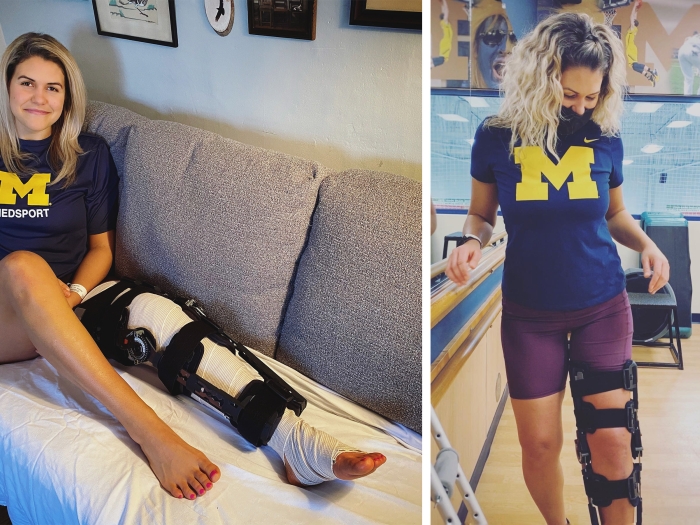
Health Lab
A musician receives live donor cartilage that changes her life.

Health Lab
Among people with multiple sclerosis in the United States, more than half experienced at least one fall in a six-month period and approximately one-third of those falls resulted in an injury.
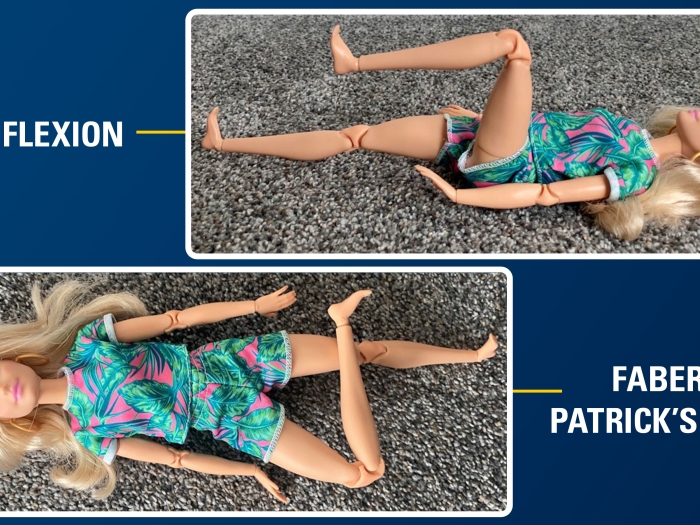
Health Lab
At the University of Michigan Health C.S. Mott Children's Hospital, one physician found a way to help pediatric patients demonstrate different joint movements using a Barbie doll.

Health Lab
A growing number of people living with Alzheimer’s disease and related dementias – especially those from diverse backgrounds – receive care from a network of individuals that increasingly includes nontraditional informal caregivers.
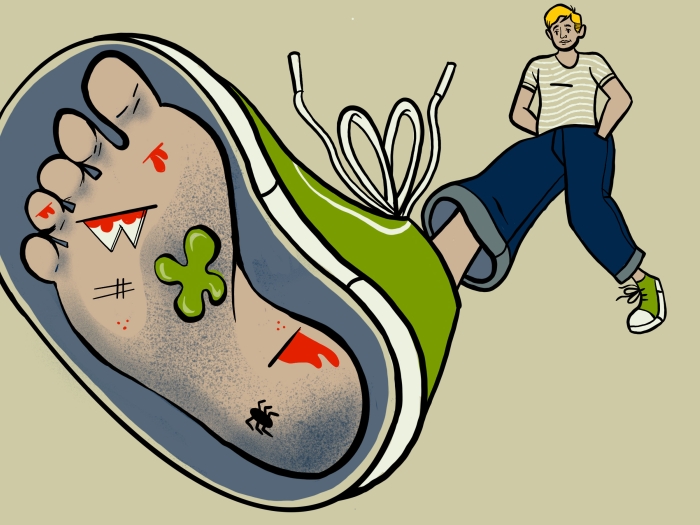
Health Lab
Tik Tok trend of going barefoot in public is a bad idea according to podiatrists
Department News
The new Epigenomic Metabolic Medicine center (EM2C) will contribute to understanding how genetic variations contribute to common, complex diseases such as diabetes

Health Lab
Today, thanks to researchers, medical and public health experts, pharmaceutical companies, engineers and others, we know more and can do more about the coronavirus called SARS-CoV2, and the disease called COVID-19, than ever before.
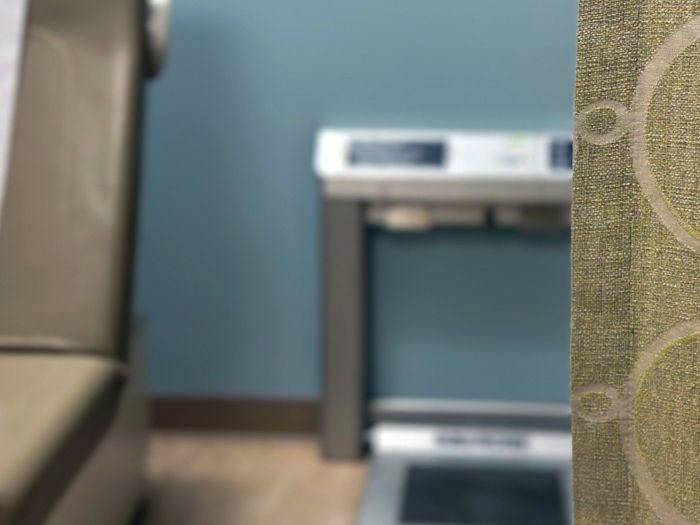
Health Lab
Obesity care under a health care provider’s supervision, whether through nutrition counseling, medication, meal replacement or bariatric surgery, can help people with high BMI, but many don’t receive it.
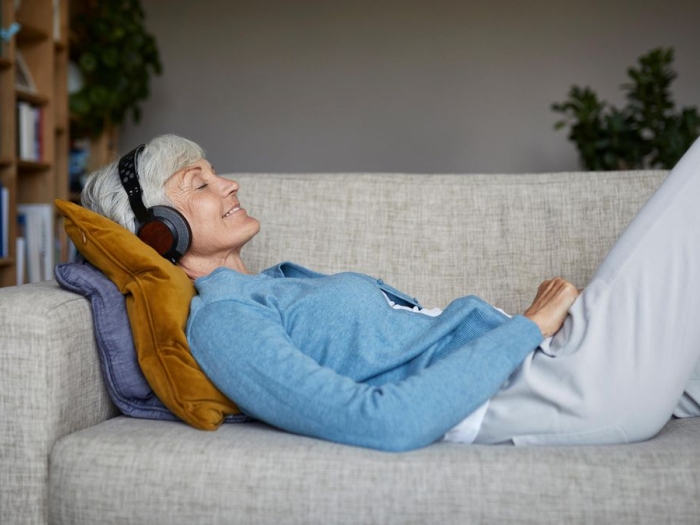
Health Lab
Making music by singing or playing an instrument, or listening to music, brings health and wellbeing benefits to many older adults.

Health Lab
Cardiologist shares how weight loss medications may impact cardiovascular health.
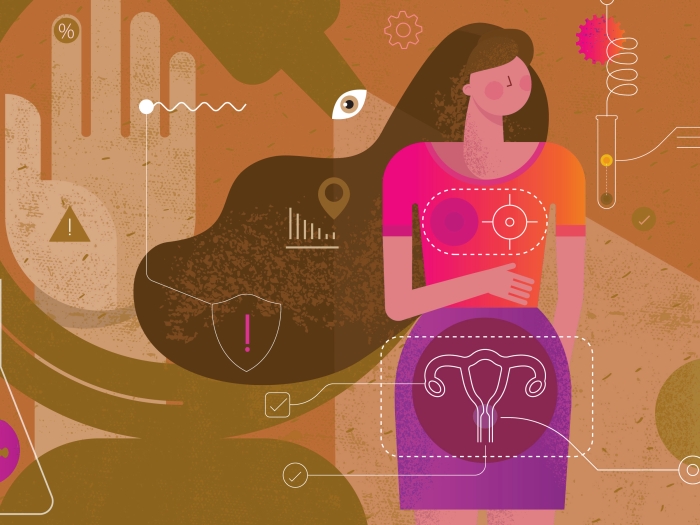
Health Lab
Study uncovers genetic components of insulin resistance.
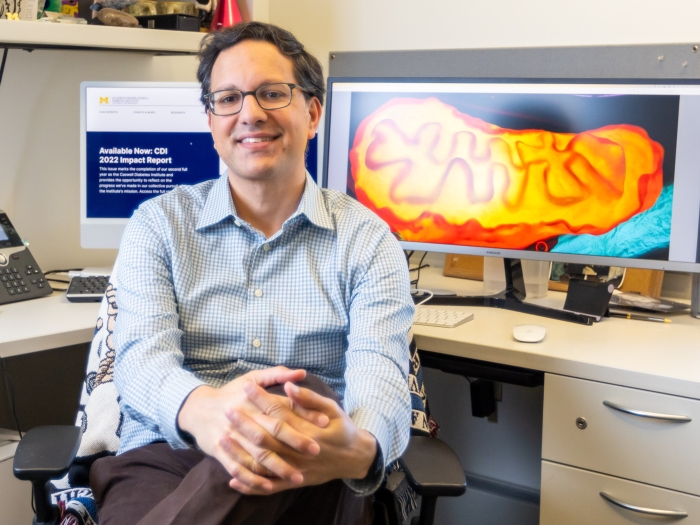
Health Lab
One diabetes program is moving to revolutionize investigations and treatment in the field
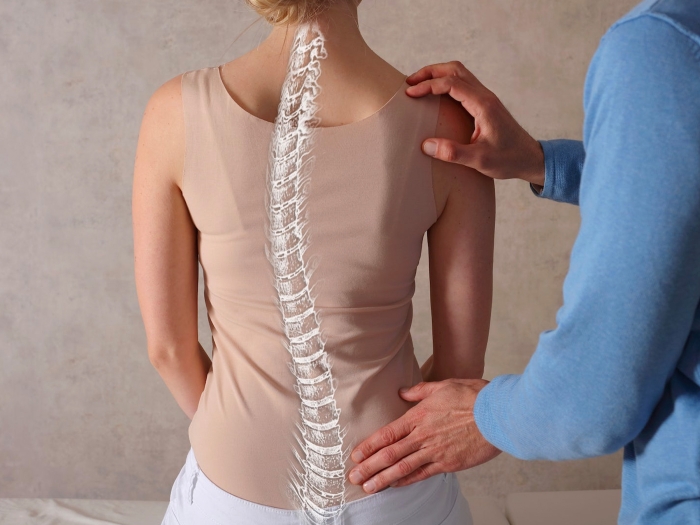
Health Lab
A Michigan Medicine expert calls for comprehensive scoliosis awareness and care.

Health Lab
Researchers at Michigan Medicine developed an AI-driven algorithm that accurately predicts death and complications after PCI — which could emerge as a tool for clinicians as they determine treatment for blocked heart arteries.